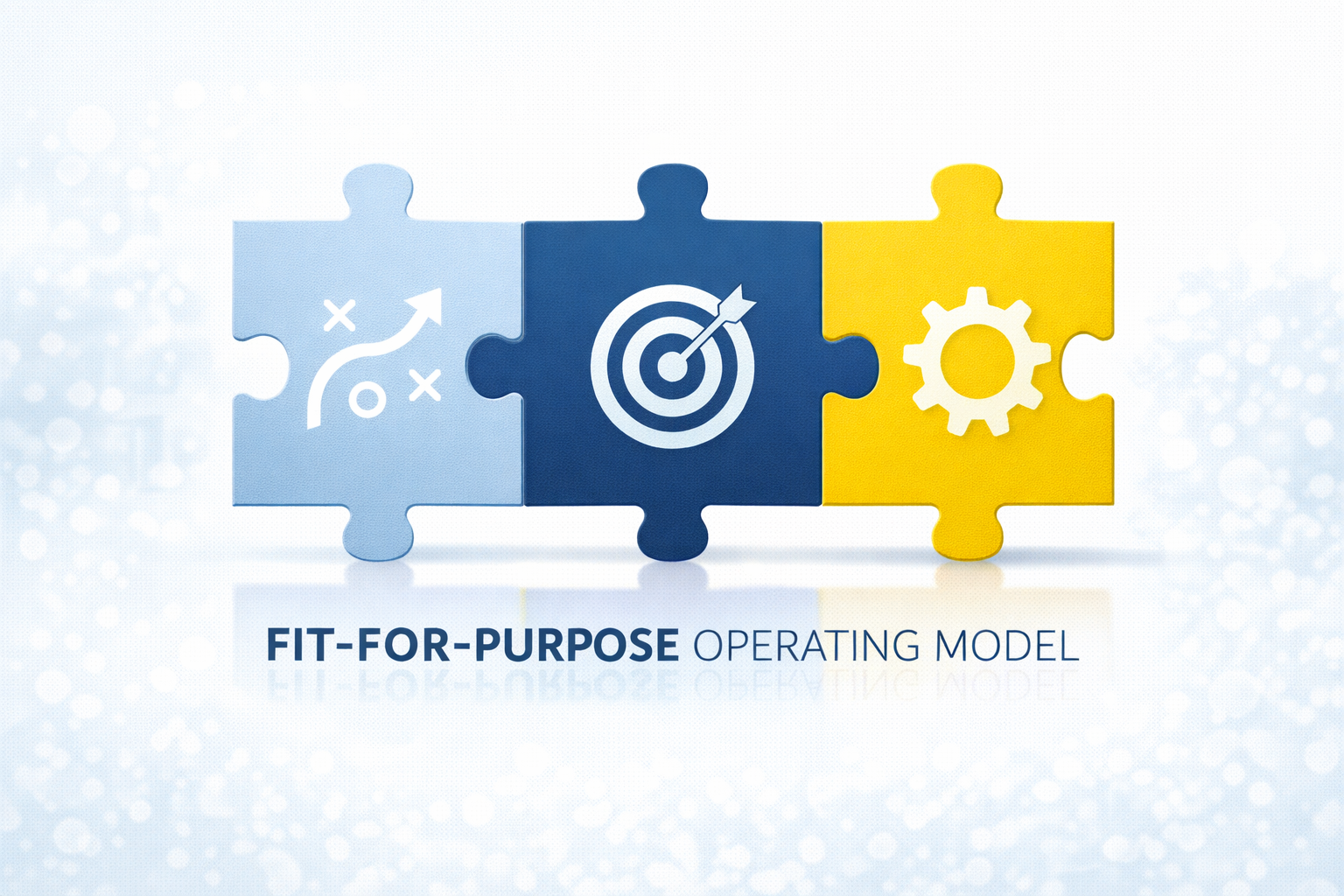
Many are speculating about what lasting organisational changes will result from COVID-19. Everyone is sure that social distancing will have an impact on how we work in the future, but few are clear on what the changes will be and how agile organisations can benefit.
Clearly, technology has been a saviour. What would have happened if the pandemic hit 10 years ago before Zoom, Teams, UBER Eats, Slack and other remote IT-enabled services? It’s a frightening thought. “Home office” and remote working were already topics of debate. But the pandemic has broadly accelerated (forced) acceptance for tele-working as the new normal. User friendly platforms and ubiquitous broadband have made otherwise unthinkable real-time group collaboration a reality. Like many innovations, the long-term implications of these shifts are just starting to emerge.
Companies have realised that people don’t need to physically come to work for them to function. Take NatWest as an example. A recent inquiry was routed to one of many customer service reps working from home with a remote, secure terminal. Besides the occasional dog barking in the background or a child screaming, the rep had ready access to information and professionally handled the inquiry. Better customer service than a normal wait in the queue!
And, that rep, like many home workers today, suddenly had more time available for “work” and “life-balance”. With COVID-19, busy professionals have tasted the benefits of an extra 1-2 hours per day that they would normally lose in frustrating commutes. They can use this new-found time to pursue some of the many things they missed in the pre-COVID hectic. “Home office” won’t be a nice-to-have goodie going forward, it will be a “must” to attract talent in the future.
Particular roles, like sales and recruiting, which relied on extensive face-to-face contact will also transform post-COVID. In-person interaction will be further squeezed to the efficient minimum needed to facilitate a decision or subsequent online interaction. It’s much easier to collaborate online after an initial face-to-face interaction to build trust. The importance of first physical meetings will therefore increase and their nature will shift even though their numbers will dwindle.
Online collaboration also takes a higher level of structure, mindfulness and reasoning capability among participants. Everyone in a Zoom conversation needs to be engaged and get the points presented to structure their thinking and build on them. Communication skills like clearly formulating statements become even more important. Its more difficult to get a Zoom conference back on track if a participant goes off-piste and into the weeds than if you are there in person.
Leaders will also have to learn a new craft post-COVID. Collaboration becomes more voluntary and requires more positive inspiration. Managers will have to trust their people more. And, they will need to invest more time in ensuring “community” despite less face-to-face interaction.
The implications of new normal remote working are great, for managers and employees. Humatica is helping the most agile firms to architect new ways of collaborating, so that they are ready for business after lock-down.

In many organizations, strategy promises growth, efficiency, and innovation—but day-to-day execution tells a different story. Decisions drag. Silos persist. Accountability blurs. Leaders work harder without…
Read more
In today’s private equity landscape, the classic levers of value creation are no longer enough. As markets evolve and competition intensifies, governance is emerging…
Read more
Measuring organizational performance is difficult, especially in a way that is both systematic and genuinely useful for decision-making. In a recent Alpha Talks conversation, Ueli…
Read moreReceive our news and valuable perspectives on organizational effectiveness each month.